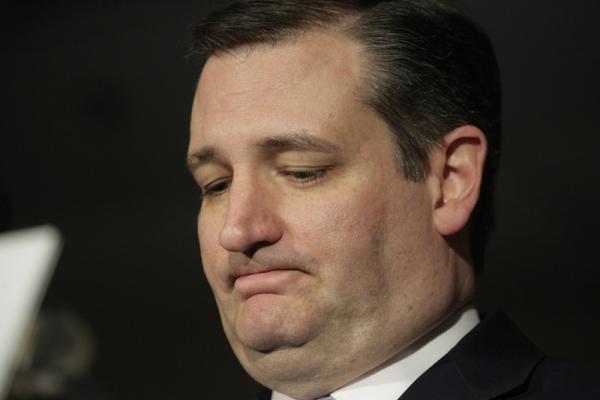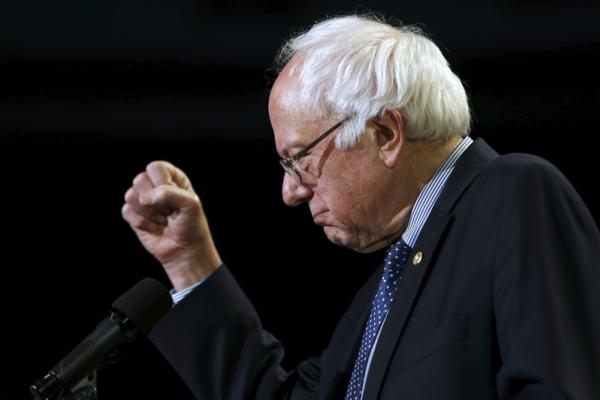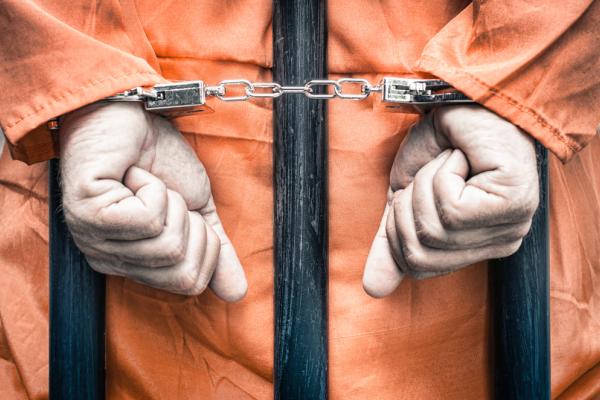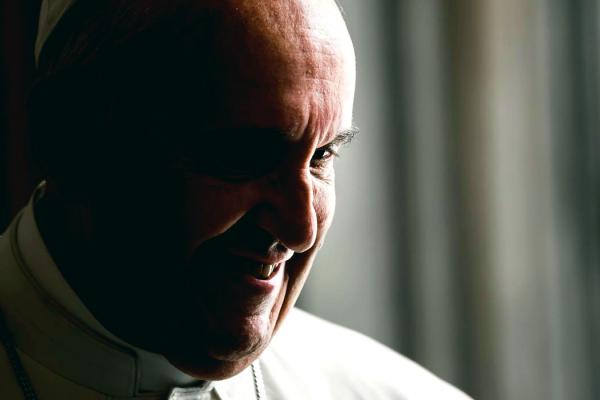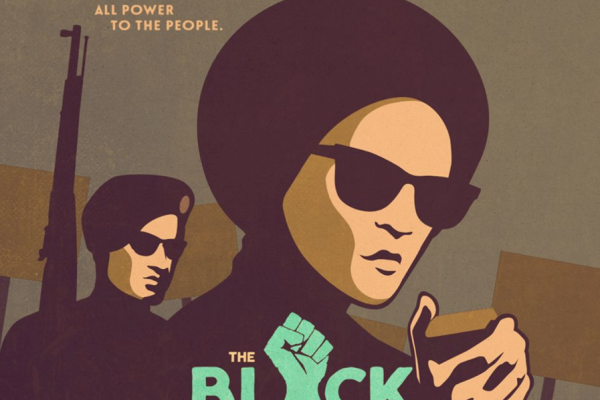Sen. Ted Cruz said he has asked his communications director to resign after spreading a false story on social media about Sen. Marco Rubio.
“Our campaign should not have sent it,” Cruz said Feb. 22 before speaking with supporters at a neighborhood YMCA in Las Vegas.
“That’s why I’ve asked for Rick Tyler’s resignation.”
There is a big difference between criticism/critique and accusation. We all use criticism all the time: when we read the ingredients on a product we buy in the store, when we purchase clothing and make sure it doesn’t have flaws, when we disagree (politely) with one another. Criticism is not scapegoating. This distinction is where people get confused. They say ‘you are criticizing so and so and scapegoating them.’ This is incorrect.
Imagine a test on world religions that asks this question: “Who founded Christianity?”
Jesus, right? Wrong.
Democratic presidential candidate Bernie Sanders has been a longtime fan of Pope Francis’ positions on social justice and income inequality, and now he says the pontiff is in fact a socialist — just like himself.
“(W)hat it means to be a socialist, in the sense of what the pope is talking about, what I’m talking about, is to say that we have got to do our best and live our lives in a way that alleviates human suffering, that does not accelerate the disparities of income and wealth,” Sanders tells the Rev. Thomas Rosica, head of the Toronto-based Catholic network Salt and Light in an interview to be broadcast the evening of Feb. 23.
The Pentagon plans to submit a report to Congress on Feb. 23 detailing how to close the Guantánamo Bay detention facility. Navy Capt. Jeff Davis said the plan will call for the closure of the prison and offer several different ways to go about doing so.
For those of us who live outside South Dakota, these issues may seem too far-removed to touch our lives in a meaningful way. But in the Bible we find that our neighbors continue to be our neighbors, regardless of how far away they live. As Christians, we are called to love and work for the good of our neighbor, and as followers of Jesus we are called to protect the most vulnerable. Surely there must be a way to ensure the safety of all of the children in South Dakota’s school system, and not just the majority.
In this season of Lent, Isaiah 55:1-9 may be a sobering text for us. In this election season amid shrill or buoyant rhetoric, we may not notice that there are real choices to be made — even as Jews in ancient Babylon were confronted with real choices of a most elemental kind.
St. Louis Archbishop Robert Carlson has issued a letter calling on parishes to seek alternatives to Girl Scouts, arguing that the program and related organizations conflict with Roman Catholic teaching. The Archdiocese of St. Louis isn’t directly kicking Girl Scout troops and activities off church properties, but is suggesting they and their cookies may no longer be welcome in the fold.
After his Sunday Angelus prayer, Pope Francis turned his attention to capital punishment — and the overall treatment of prisoners in general — calling on all Christians to work toward abolishing the death penalty. He also asked for government leaders worldwide, and those of Catholic faith, specifically, to halt any executions during this Holy Year of Mercy.
The similarities between 1966 and 2016 are frightening. Vanguard of the Revolution serves as a stark reminder that not much has changed in this country for black Americans. But we are here, and we are still fighting, despite knowing the full extent to which the American Empire will go to silence black outrage and destroy black unity. That should make us the vanguards of hope.
